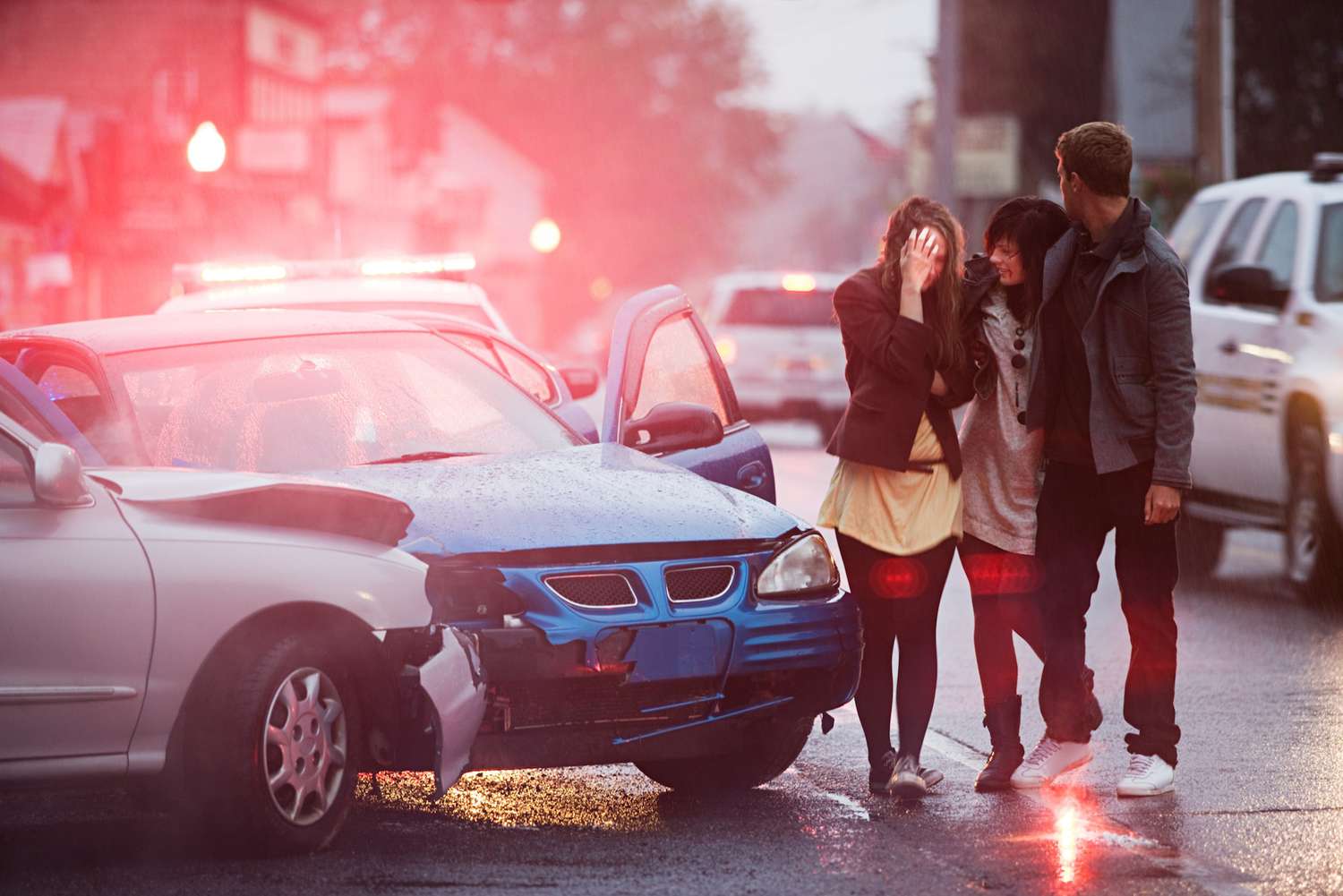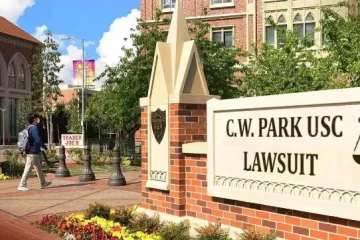In the blink of an eye, a car accident can turn your world upside down. The physical injuries may heal, but what about the invisible scars that linger in your mind? Post-traumatic stress disorder (PTSD) after a car accident is a real and often overlooked consequence that can significantly impact one’s life. Here is a look into the psychology behind it and explore some coping strategies to navigate through this challenging experience. This article will also discuss the role of a car accident assistance lawyer in advocating for victims’ rights and ensuring they receive proper compensation for emotional distress.
The Psychological Impact
When you’re in a car accident, your body goes into survival mode. But what about your mind? Long after the crash, many people find themselves haunted by intrusive thoughts, nightmares, and heightened anxiety. This is the hallmark of PTSD, a condition triggered by a terrifying event.
One reason car accidents can lead to PTSD is the suddenness and unpredictability of the trauma. Your brain struggles to make sense of what happened, replaying the event over and over again. Additionally, if you or a loved one were seriously injured or if there was loss of life, the emotional toll can be overwhelming.
Coping Strategies
If you’re grappling with PTSD after a car accident, know that you’re not alone, and there are steps you can take to regain control of your life.
Seek Professional Help: Feel free to get in contact with a trauma-focused therapist or counselor. Talking about your feelings in a safe environment can help you process what happened and develop healthy coping mechanisms.
Practice Self-Care: Engage in activities that promote relaxation and well-being, such as exercise, meditation, or spending time in nature. Taking care of your physical health can also positively impact your mental health.
Connect with Others: Surround yourself with supportive friends and family members who can lend a listening ear or offer a shoulder to lean on. Sharing your experience with others who understand can provide a sense of validation and comfort.
Limit Exposure to Triggers: Certain sights, sounds, or even smells may trigger flashbacks or anxiety related to the accident. Try to avoid or minimize exposure to these triggers whenever possible.
Educate Yourself: Learn more about PTSD and the common symptoms associated with it. Understanding your reactions can help you feel more in control and less alone in your experience.
The Role of Car Accident Attorneys
In the aftermath of a car accident, dealing with insurance companies and legal proceedings can add another layer of stress. This is where car accident attorneys can step in to advocate for your rights and ensure you receive the compensation you deserve.
Car accident attorneys specialize in navigating the complexities of personal injury law and can help you pursue damages for emotional distress, medical expenses, lost wages, and more. They can also negotiate with insurance companies on your behalf, sparing you from the additional burden of legal paperwork and negotiations.
Car accident assistance attorneys understand the unique challenges faced by individuals suffering from PTSD. They can work with medical professionals to document your condition and ensure that it’s taken into account when seeking compensation.
In the wake of a car accident, the journey to recovery extends far beyond physical healing. It encompasses the delicate task of addressing the emotional scars that linger long after the crash. By acknowledging the psychological impact of car accidents and taking proactive steps to address PTSD, individuals can reclaim their sense of agency and resilience. Whether it’s seeking professional help, practicing self-care, or leaning on a supportive network, there are resources available to guide you through this challenging terrain.




